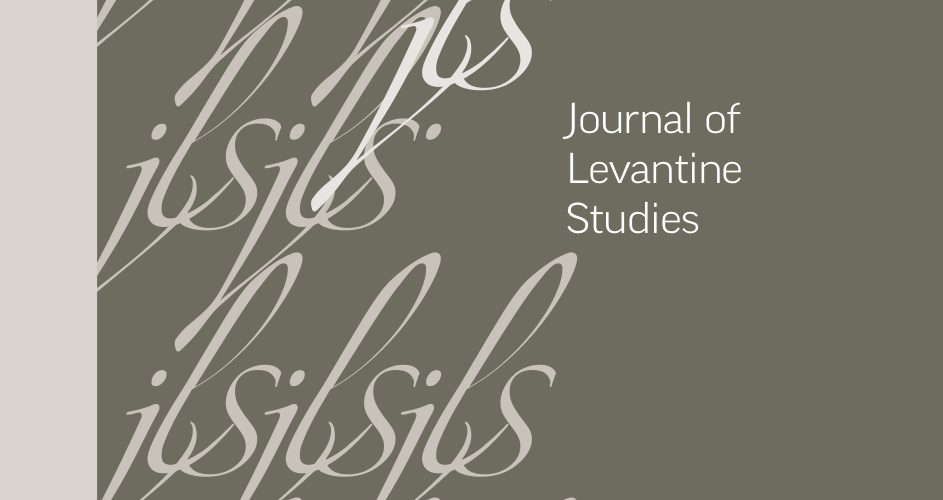Cultural Trends of Urbanization in Salonica: Ottoman Poetic Genres of the Ritual Songs of the Ma’aminim
- Description
Product Description
Hadar Feldman Samet
The “Ma’aminim,” known derogatorily as “Dönme,” followed in the footsteps of their messiah—Sabbatai Tsevi—and broke out of the boundaries of Jewish society by converting to Islam during the 1680s. They established their center in Ottoman Salonica. While outwardly being fully Muslim, the Ma’aminim secretly developed and observed a hybrid messianic religion consisting of ritual practices and beliefs that were a combination of their unique Sabbatian faith, their Sephardi Jewish origins, and elements appropriated from their non-Jewish Ottoman surroundings. The aim of this paper is to illuminate the songs of the Ma’aminim—perhaps the most crucial inner-communal source available to us—in light of the context in which they were created. The main tool for contextualizing will be the examination of two popular, previously unnoticed Ottoman poetic genres to which many of the Ma’aminim songs belong: şarkı and türkü. The paper claims that the extensive use of these genres reflects common cultural preferences among the Ma’aminim and wider cultural trends of the time in which the songs were created, trends that were related to changes in urban Ottoman society. This focus on these genres will demonstrate the importance of considering the Sabbatian mystical sources as a historical document and will offer a cross-cultural perspective for pursuing further research on these unique texts.


